On Tuesday evening, Prime Minister Viktor Orban campaigned in Rackeve to urge locals to take part in the ongoing public opinion vote (Voks 2025) on Ukraine's EU membership. The prime minister began by recalling his visit to the town on Csepel Island during both the 2002 and 2006 parliamentary election campaigns (in 2002 Fidesz managed to win here, flipping the seat in the second round).
He said that in politics, no victory is predetermined, and then remarked:
Anyone who is certain of winning, is sure to lose.
The prime minister spoke about having created a migrant-free country and Europe’s only family-centered system. He stated that he and his government are carrying out Europe’s largest tax reduction program, and that mothers with at least two children would no longer have to pay personal income tax in the future.
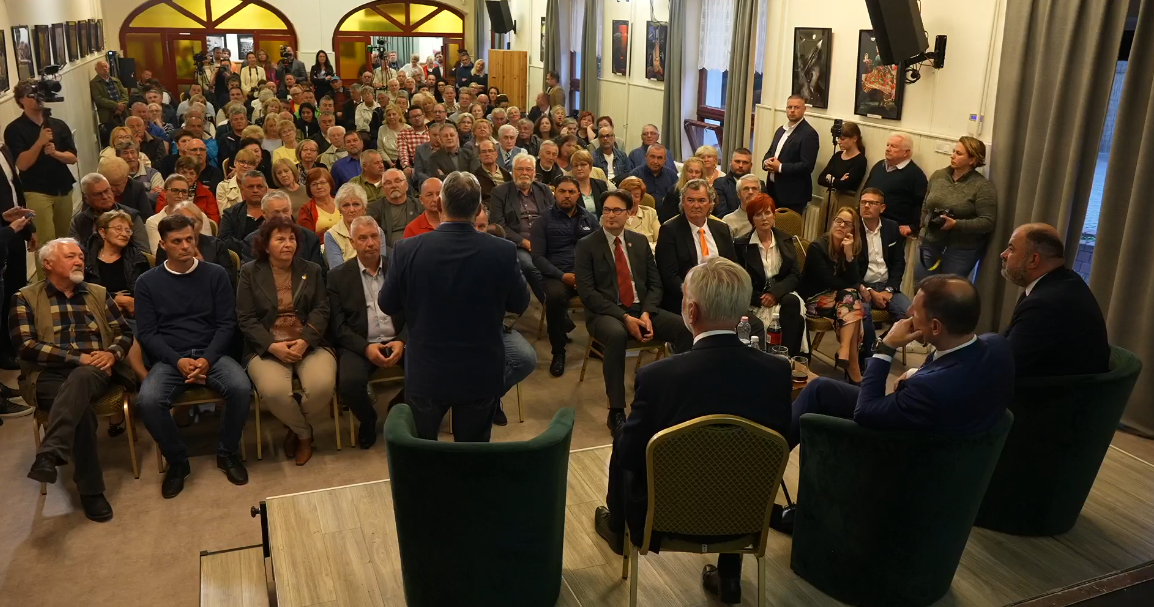
Viktor Orban summarized the government’s plans in ten points, five economic and five political. He mentioned price regulations first, and foreshadowed Wednesday's government meeting agenda, announcing that industrial goods retailers will be allowed a maximum profit margin of 15%. He also touched on the already launched VAT refunds for pensioners, the Demjan Sandor program to support small and medium-sized enterprises, and reiterated the income tax exemption for mothers.
Among the political goals, he mentioned the issue of Ukraine and the Pride Parade, on the latter giving primacy to the protection of children instead.
The government will also discuss screening foreign-funded NGOs, and is combatting drugs, and supporting villages. Viktor Orban stressed that all of these will be carried out this year.
Ukraine's EU Membership Is a Bad Deal
He recalled that o Tuesday, Manfred Weber once again voiced support for Ukraine’s EU membership and attacked Hungary. In response, the prime minister said Hungary’s EU membership had been beneficial for the entire Union:
We were admitted because we were a good deal. If Ukraine’s admission were a good deal, I would support it – but it’s a bad deal,
Viktor Orban said, adding that he supports Serbia’s membership, which would be a good deal for Hungary.
The EU wants us, Central Europeans, to pay the cost of Ukraine’s EU membership,
the prime minister said.
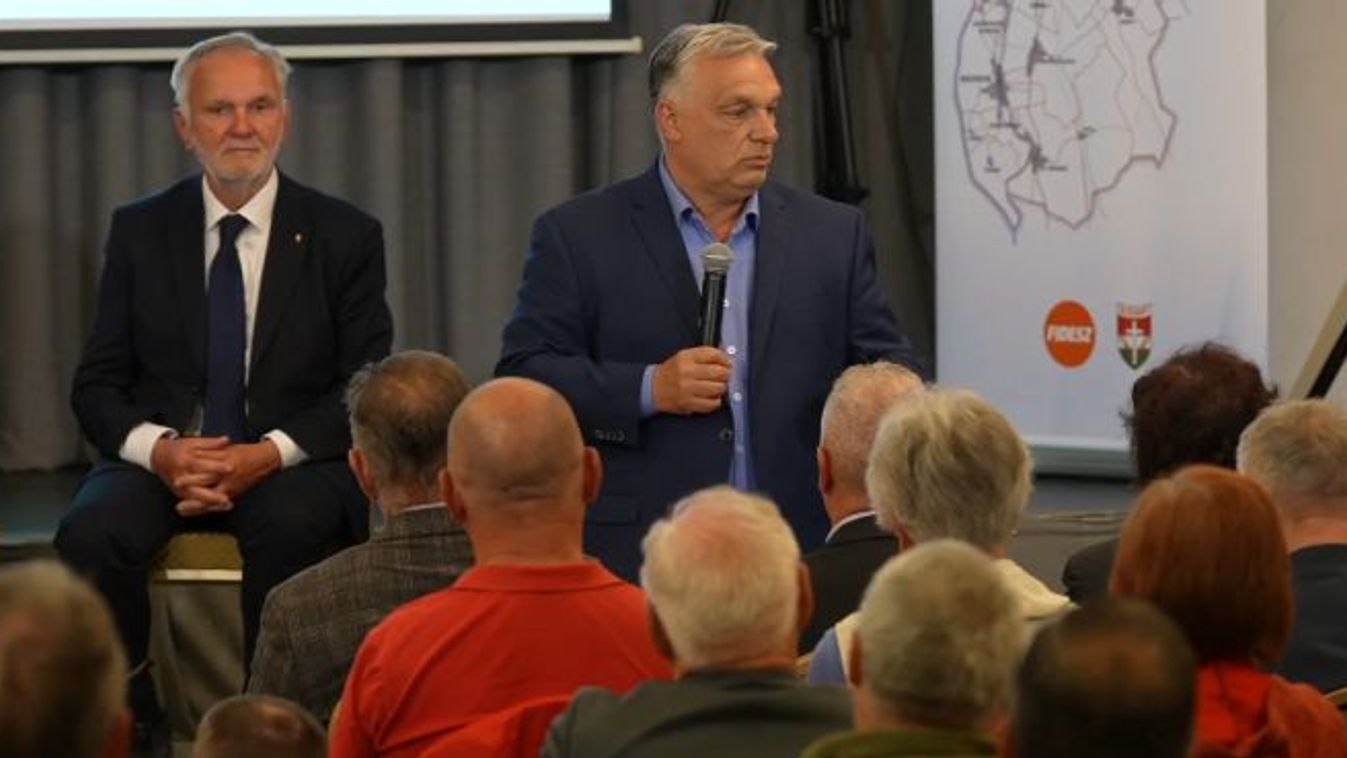
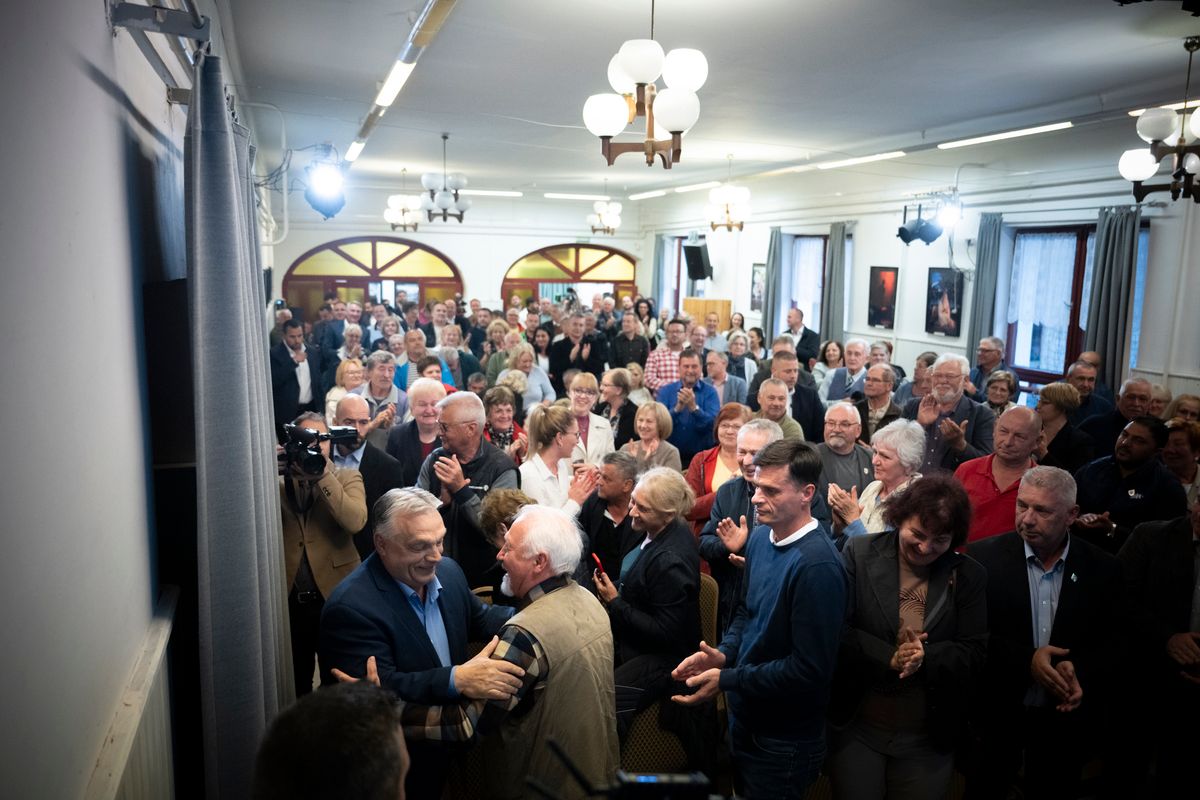
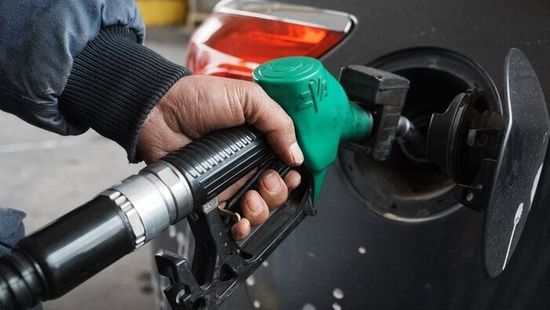
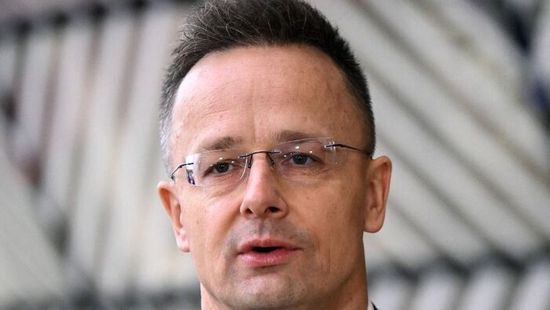
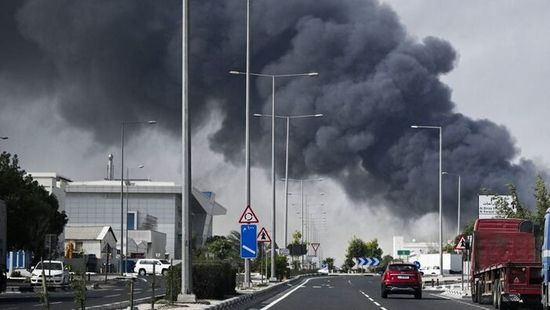
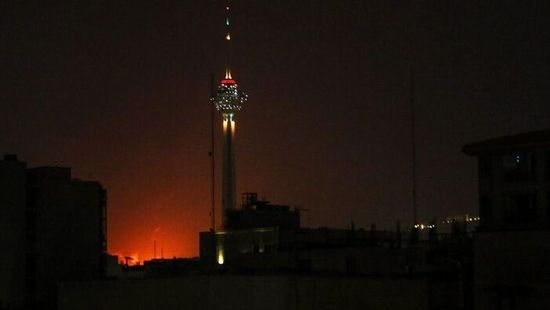


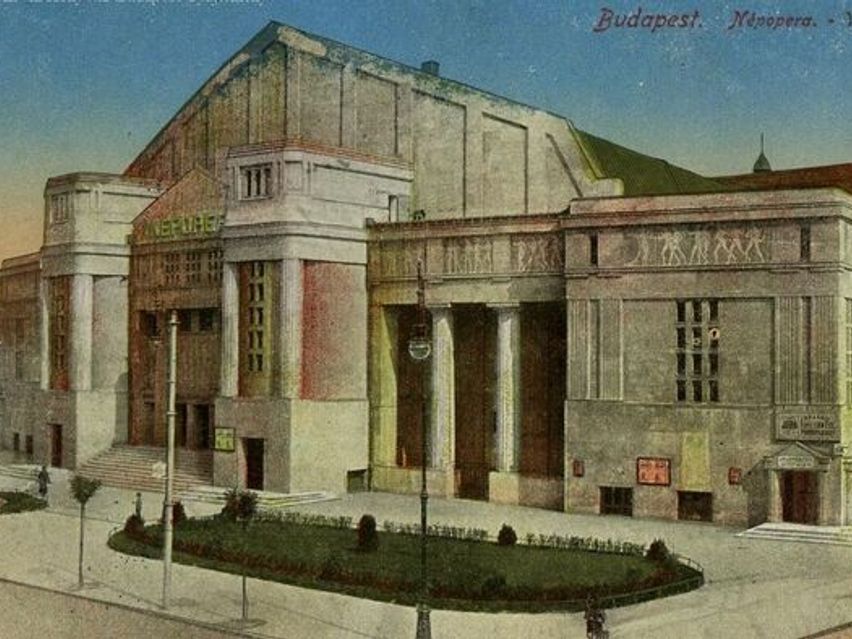
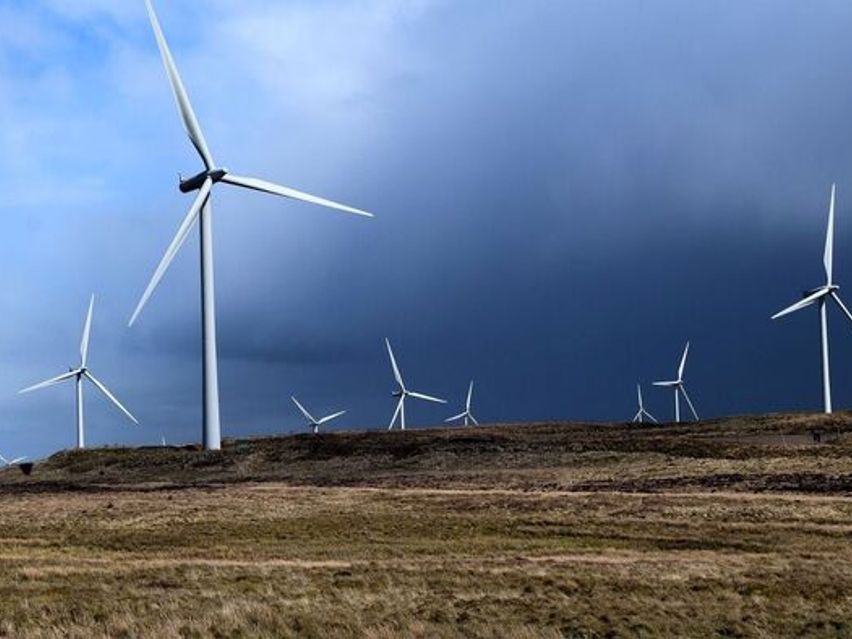
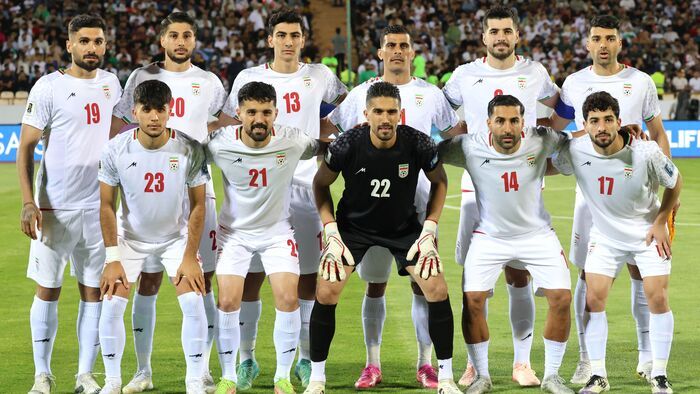

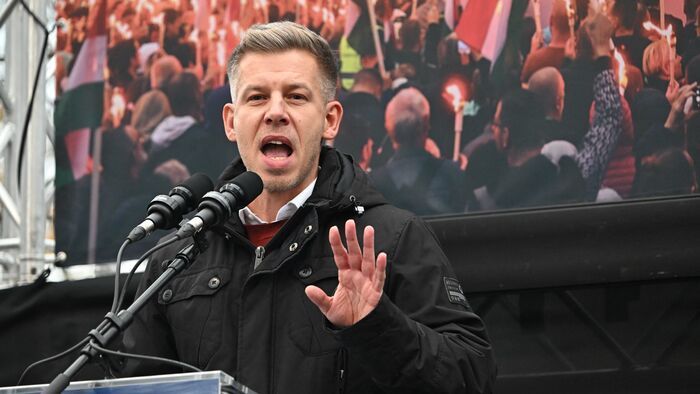
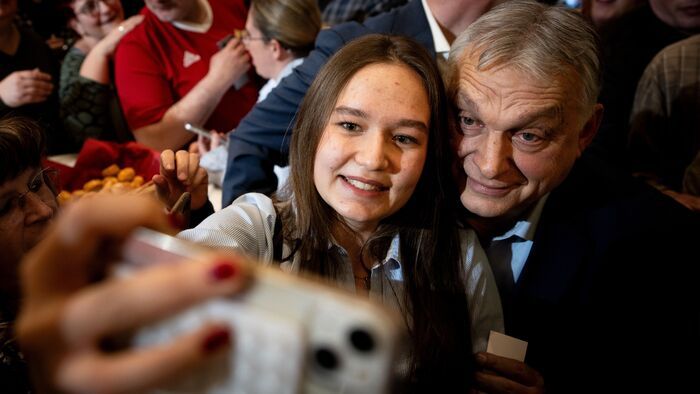
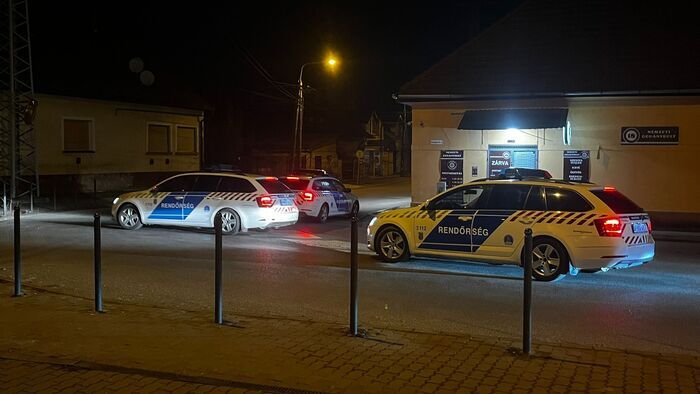
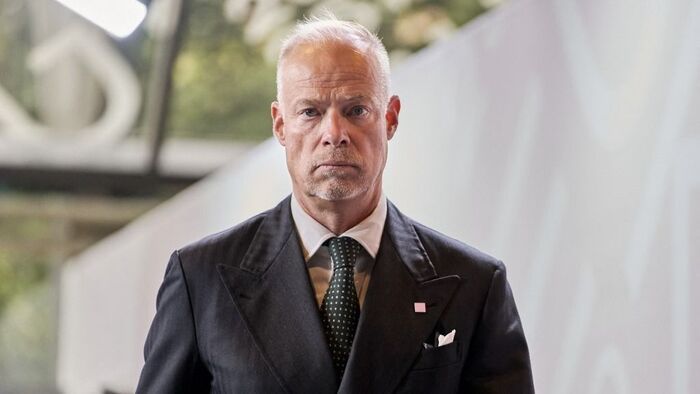
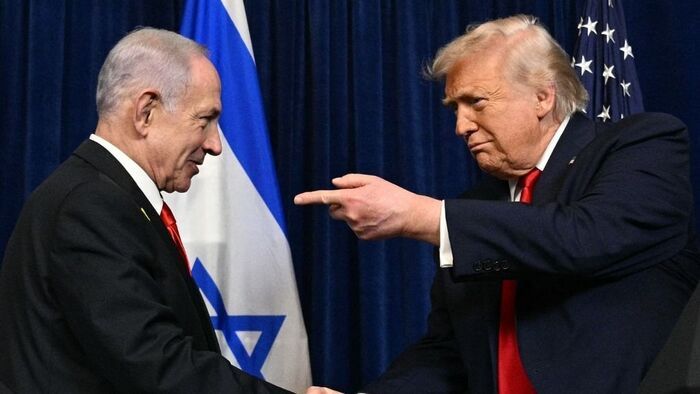
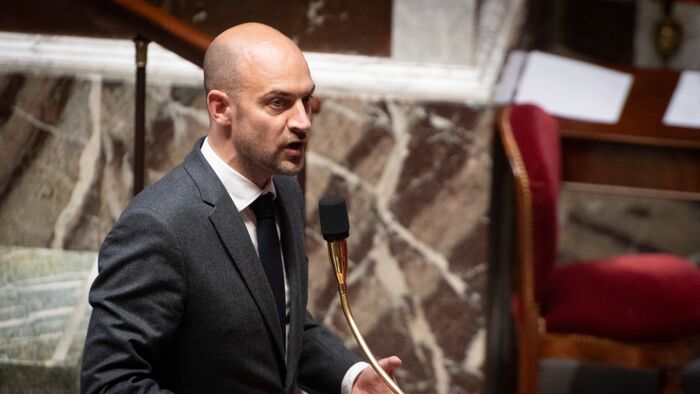
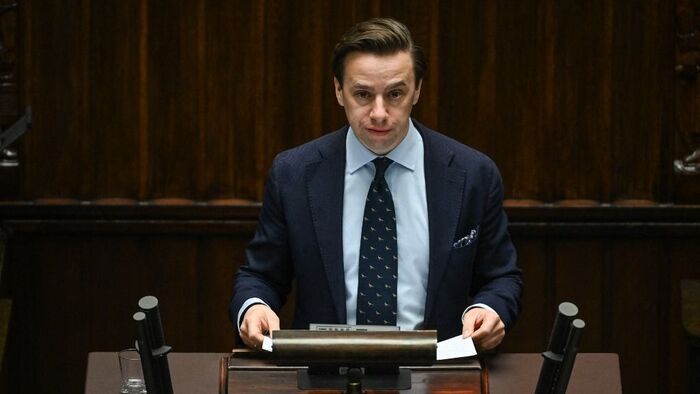
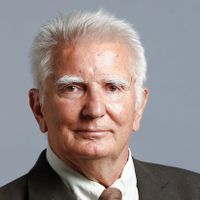


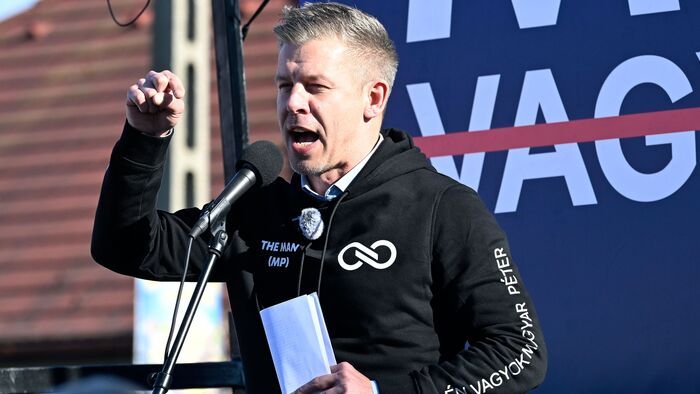

Szóljon hozzá!
Jelenleg csak a hozzászólások egy kis részét látja. Hozzászóláshoz és a további kommentek megtekintéséhez lépjen be, vagy regisztráljon!